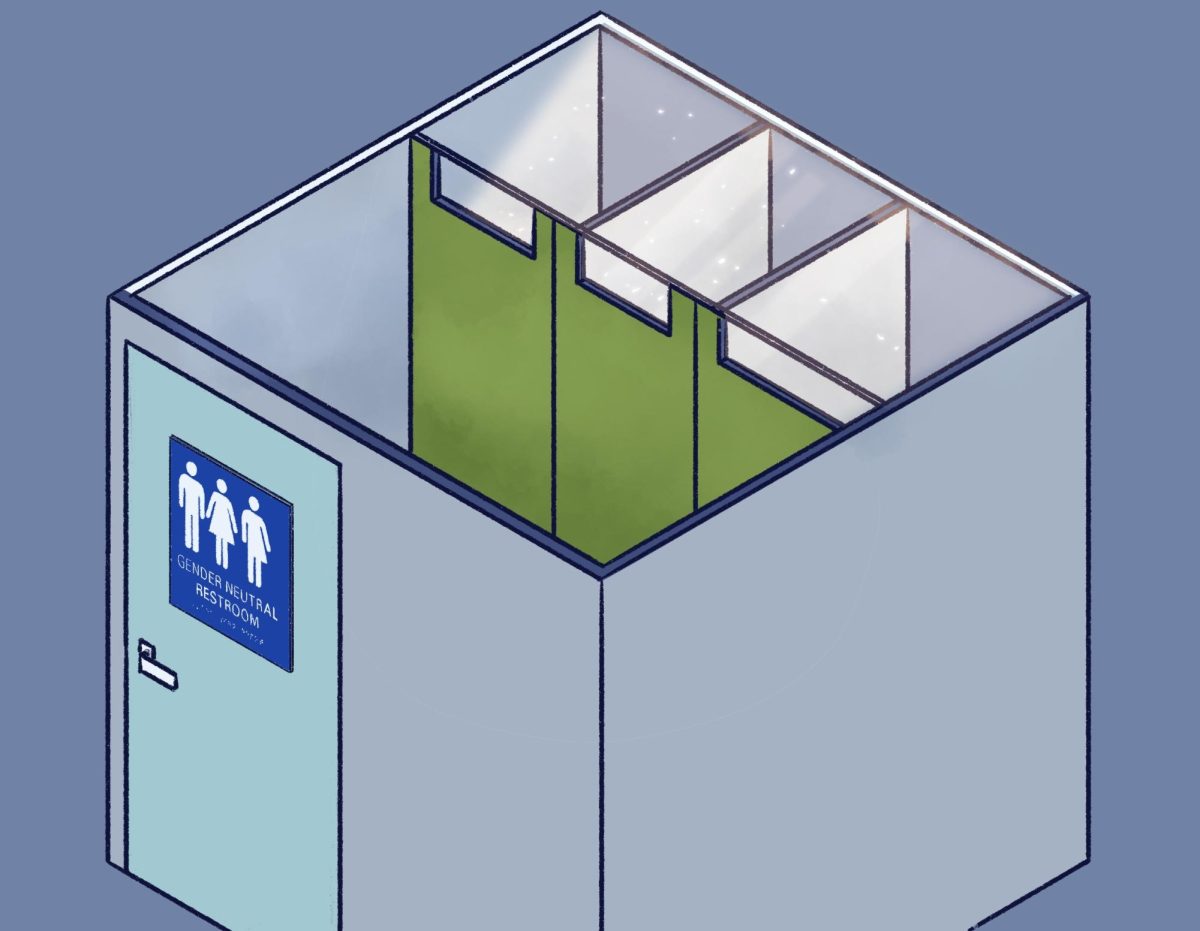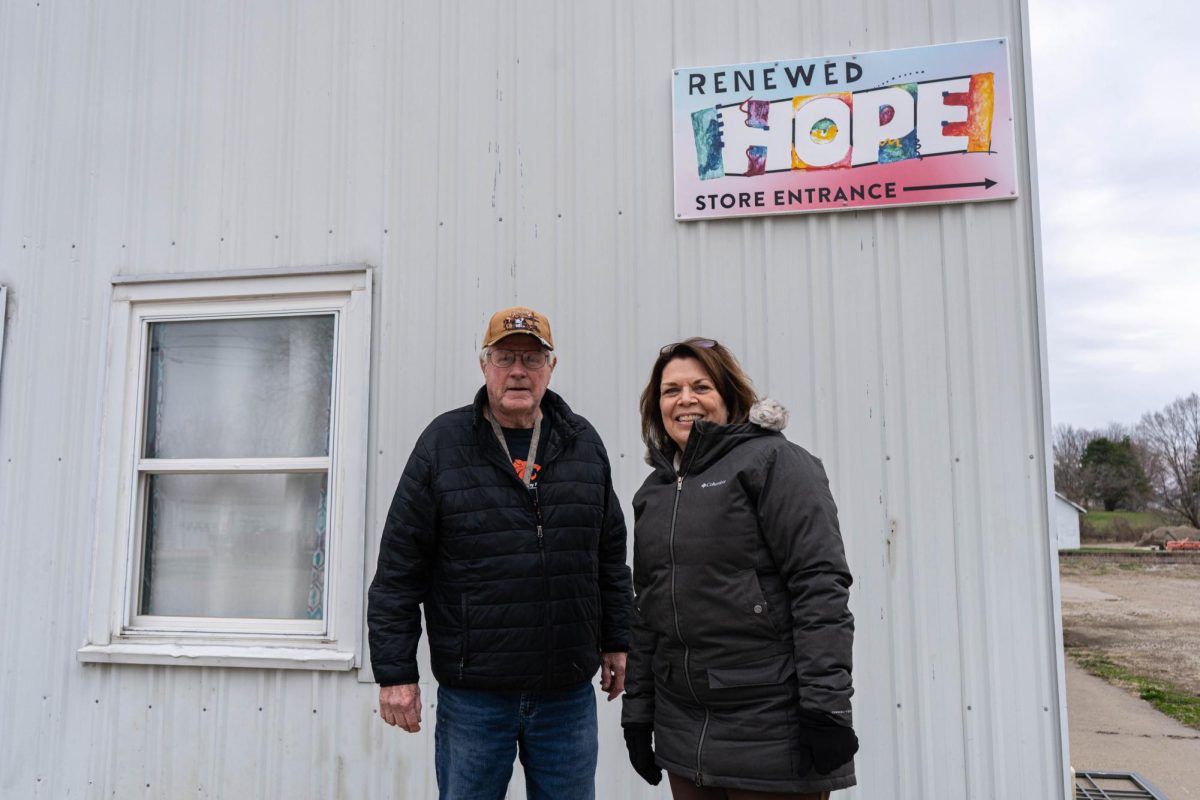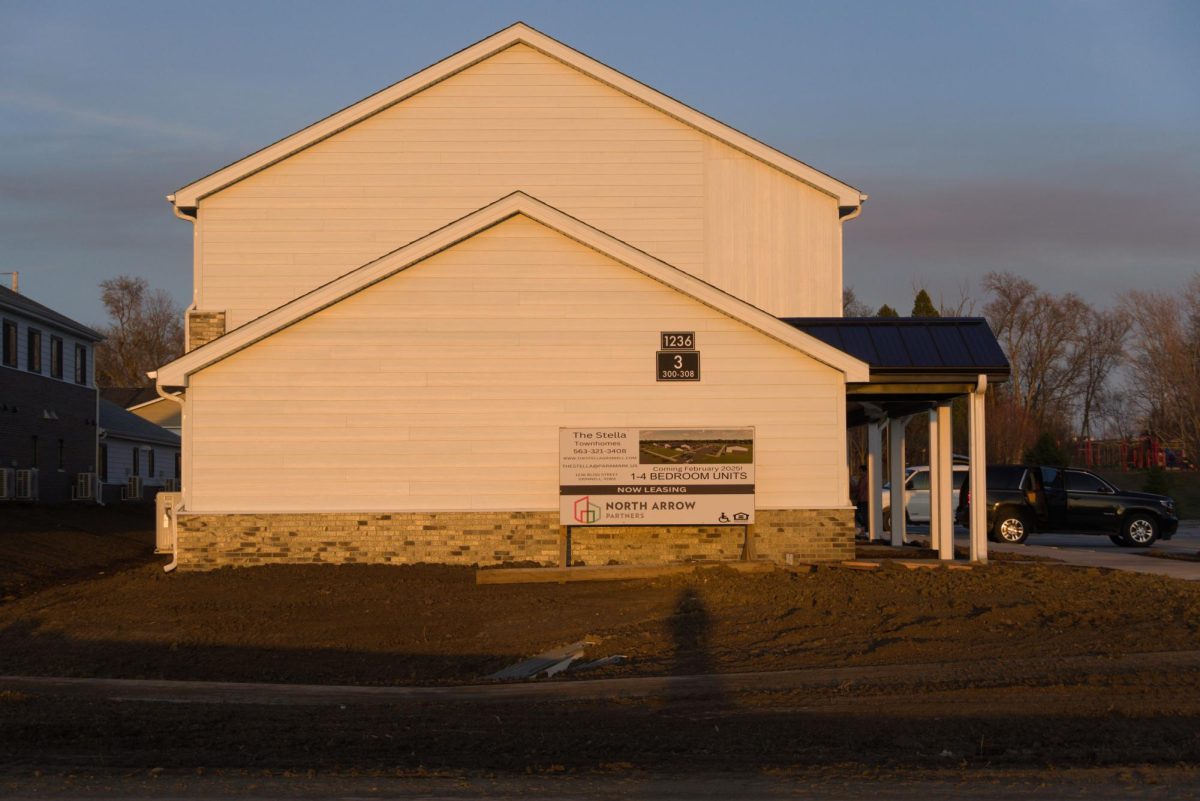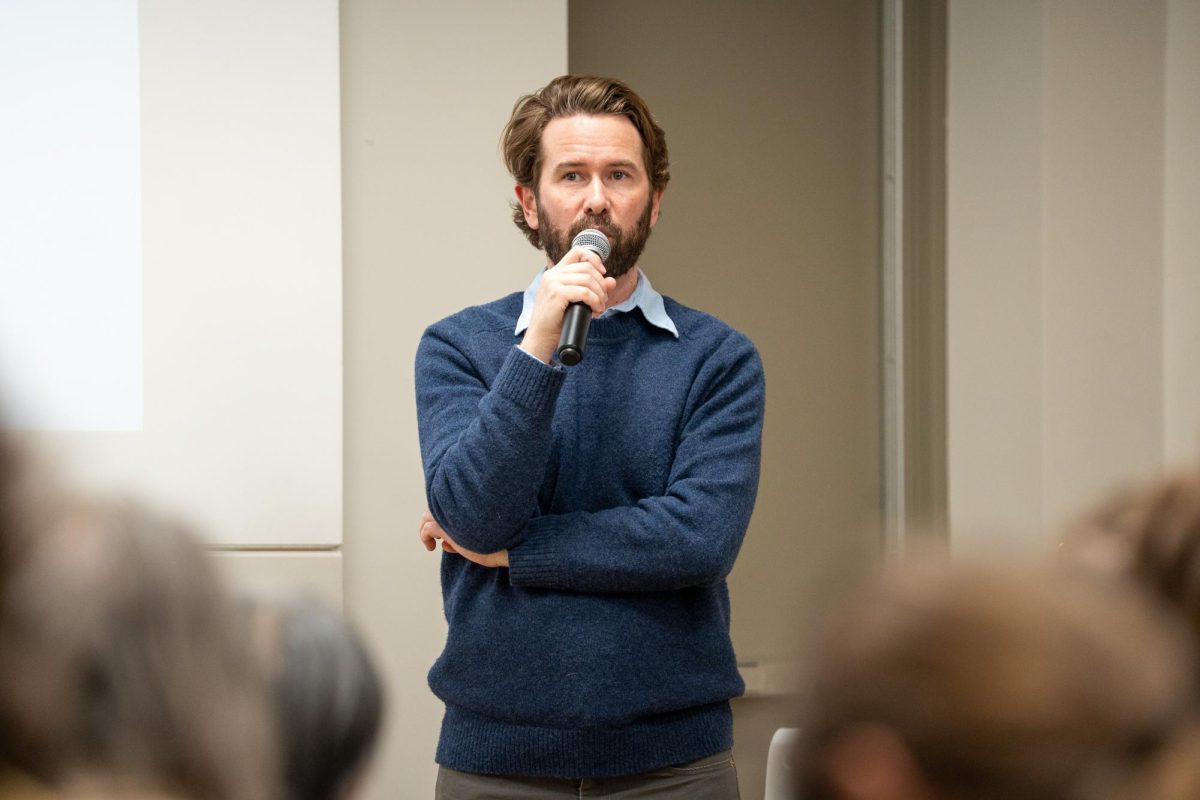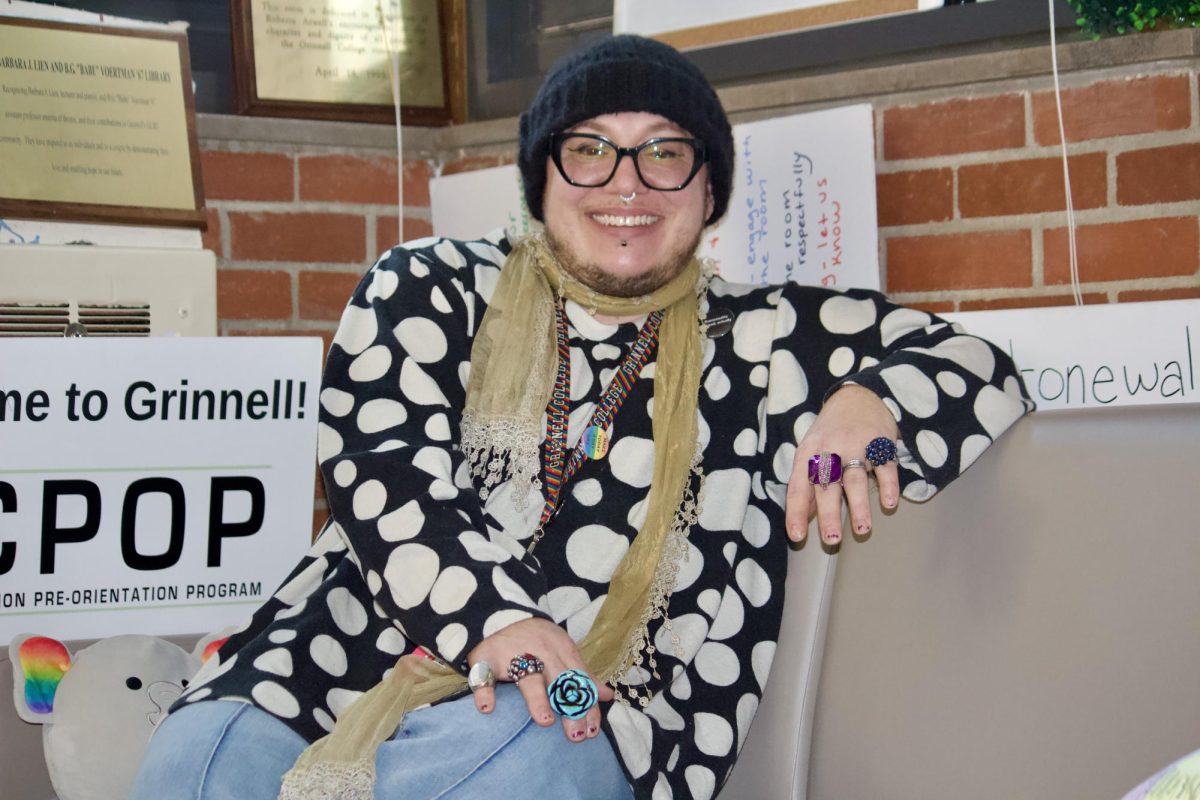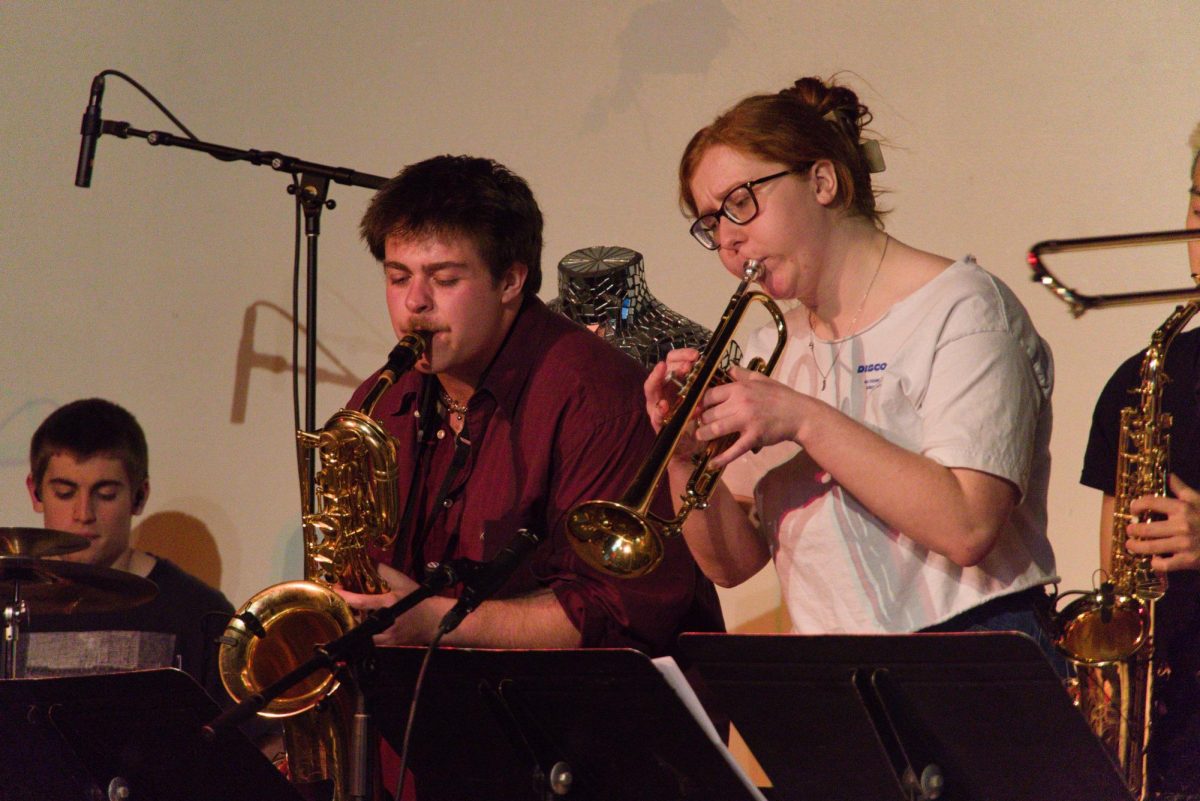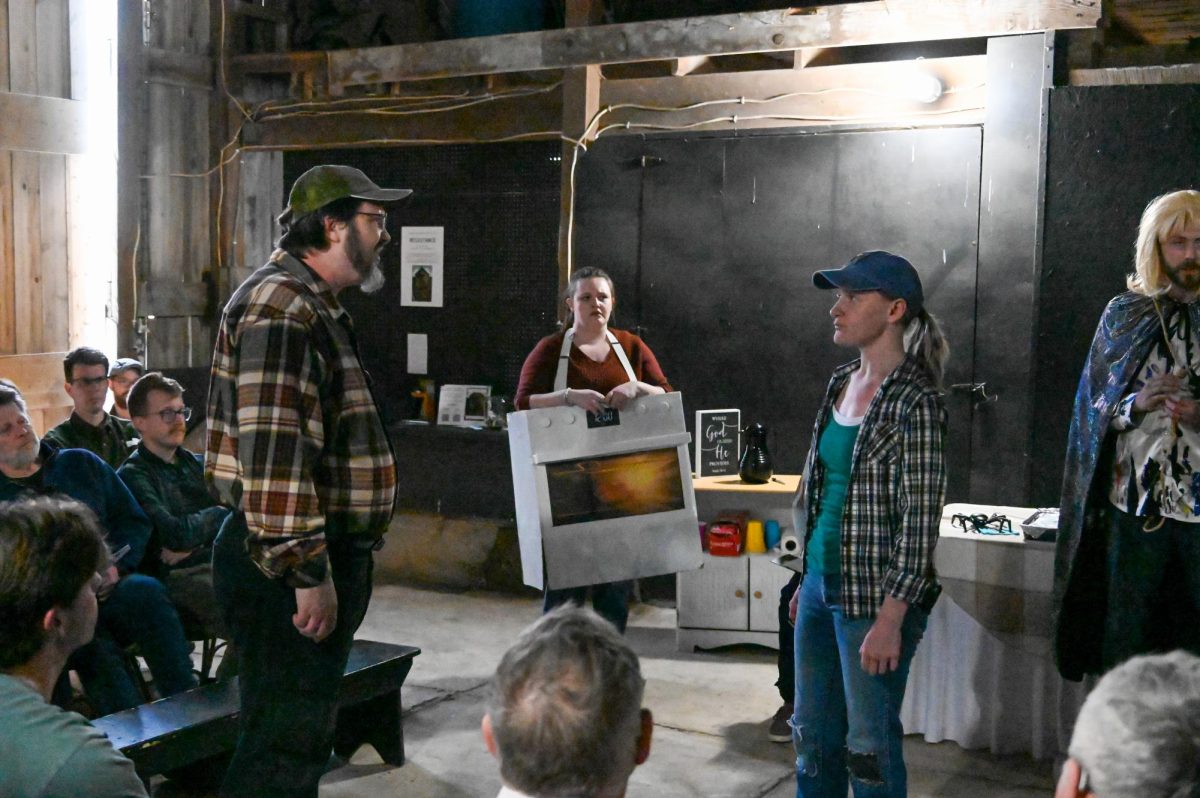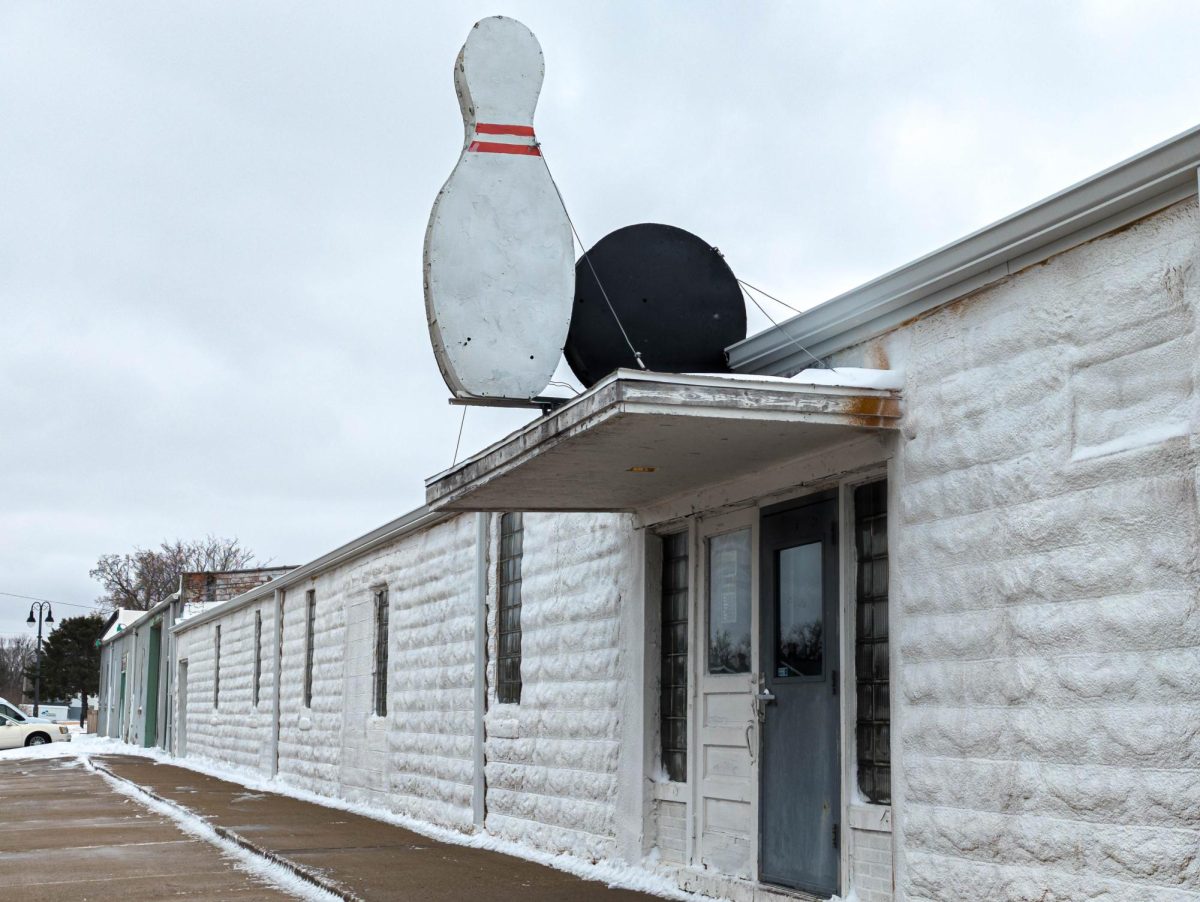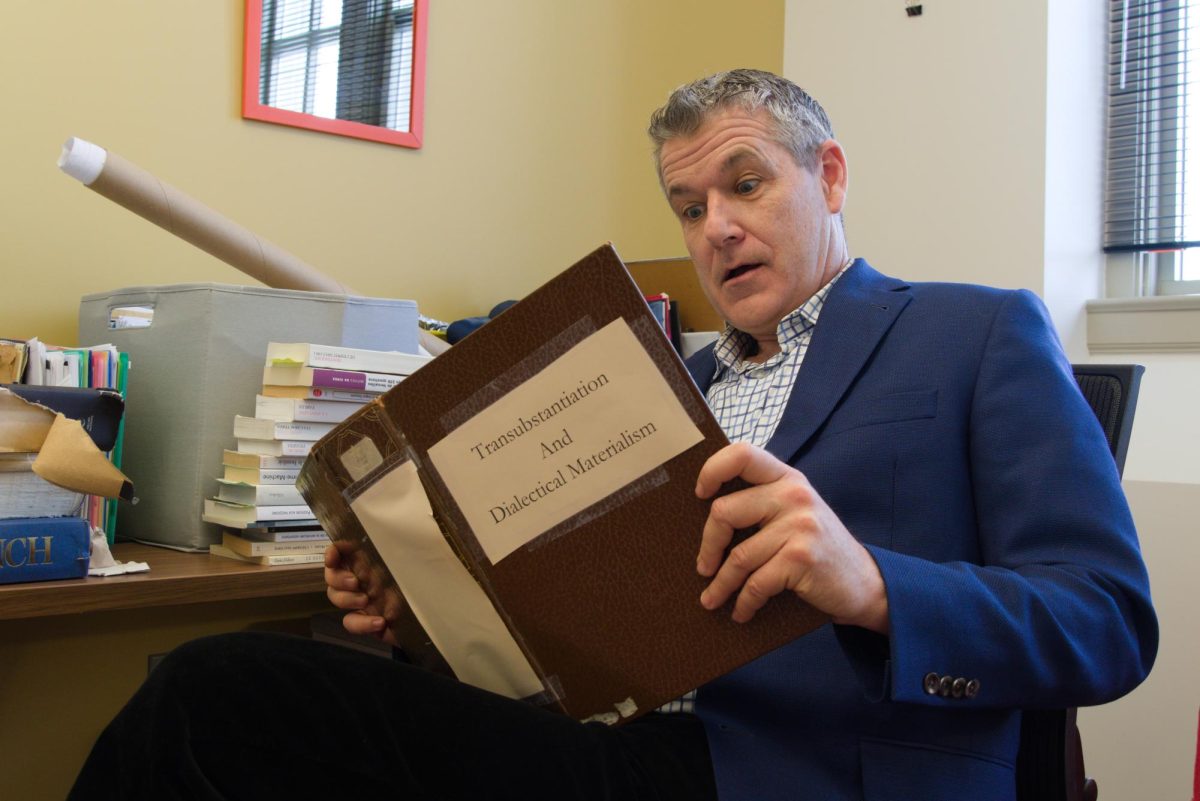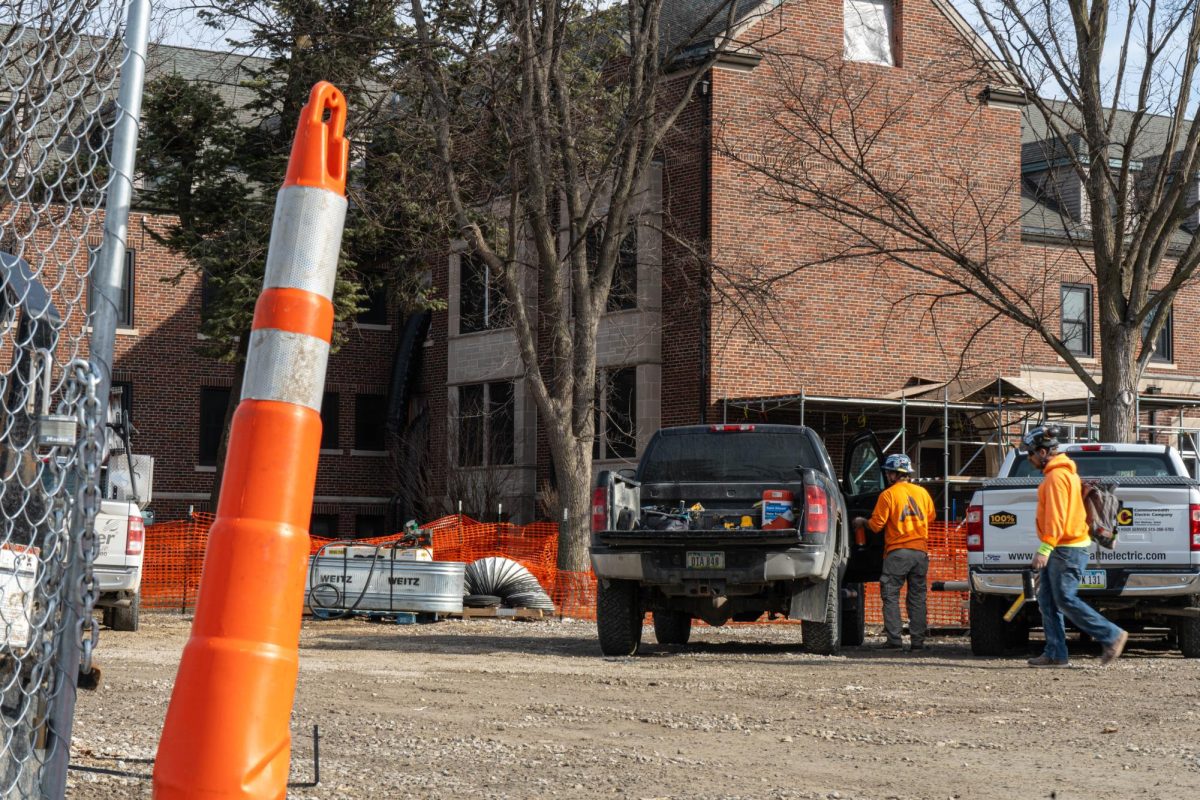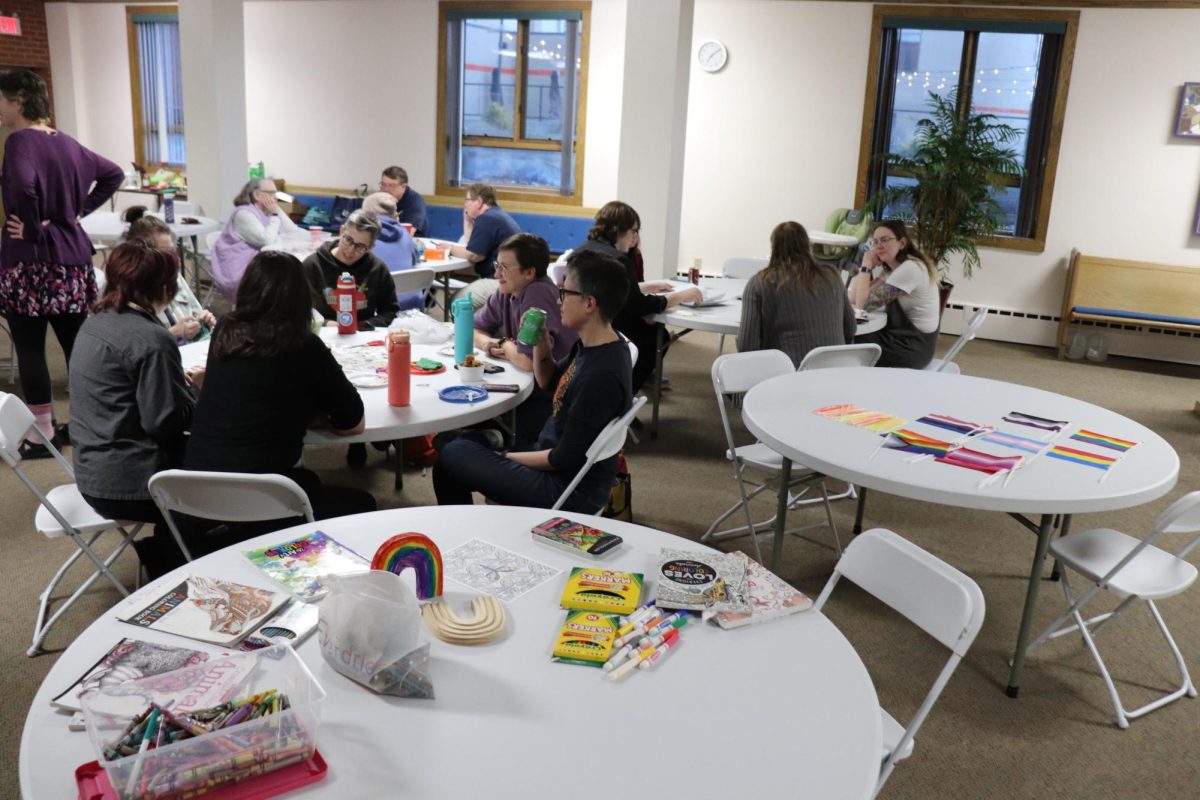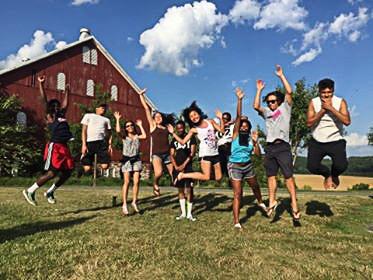By Sneha Lohani
lohanisn@grinnell.edu
As fear of the coronavirus (COVID-19) sweeps the country and the world, preparations are being made in Grinnell to prepare for a potential outbreak. Senior citizens, in particular, have been proven to have a greater mortality rate upon contracting the virus. In the Mayflower Community, a local retirement community, it’s being dealt with like an outbreak of any other respiratory disease. Quarantines in place are being maintained and staff often go through webinars and other training about pertinent topics.
Kellie G. Frank, nursing home administrator and associate director, acknowledges that people in the health profession are generally prepared to handle potential outbreaks. “In our industry the staff are used to it,” she said. Every January, staff go through training and webinars about potential outbreaks like Influenza A and B, Clostridium and Corona.
Additionally, a new protocol has been set in place for volunteers at the Mayflower Community: Their recent travels are inquired upon, and if they have been in proximity with someone displaying a range of symptoms for respiratory infections, they will be barred from working with residents.
Since their symptoms are almost identical, COVID-19 could easily be mistaken for the flu. For patients with deep cough and a body temperature of above 100.4°F fever, a swab is taken to test for influenza. If tested negative, then coronavirus becomes the next suspect.
Although the focus is on COVID-19, the larger threat to Grinnell’s seniors remains influenza. The elderly are especially susceptible to influenza because of compromised immunity and advanced age, and any type of infection could lead to residents becoming severely ill.
Many patients who are up to date with the news have been asking questions and are following the general guidelines when there is a lingering potential of an outbreak: refraining from personal physical contact like hugging or shaking hands, as well as frequent hand washing.
The Mayflower Community is planning a live webinar for the residents so that they are aware of the impending concerns in the case of an outbreak. Given how rapidly cases of the novel coronavirus proliferate, a diagnosed case would drastically elevate concerns. It would be extremely difficult and costly to place protective equipment in every facility. For example, the N95 masks that provide protection against COVID-19 are incredibly expensive, and making them available to every single health worker would be a debilitating task for small health care providers.
The superintendent of the Grinnell Community School District, Dr. Janet Stutz, told The S&B that all school districts in the state are following directions from the Iowa Department of Public Health. If a certain percentage of students is affected by COVID-19, schools will close. One complicated aspect of the novel coronavirus is that infected individuals are required to be quarantined for fourteen days, which would impact school attendance. Further, Iowa state law does not count virtual classes as school attendance, which raises questions about how and when school days would be accounted for.
In a statement released March 5, the Grinnell Regional Medical Center (GRMC) confirmed that it had begun to make preparations to care for patients who contract COVID-19, and is currently monitoring the situation closely in coordination with the Centers for Disease Control and the Iowa Department of Public Health to disseminate accurate information and coordinate a response.
“As with any global health emergency, we take the threat of COVID-19 very seriously,” said Jennifer Havens, GRMC Chief Executive Officer. “While this is a new disease, the processes required to ensure patients are treated appropriately while protecting our staff and the public are not unfamiliar to us. It’s important to remember our hospitals and clinics effectively care for individuals with contagious illnesses every day, and our staff is well-trained.”
Grinnell Regional Medical Center officials also stressed that the risk of influenza is much higher than the risk of COVID-19 in Iowa at the moment – but also recommended that if residents think they may have been exposed to the novel coronavirus, they should call their doctor before arriving at the hospital or clinic in person. The GRMC says this may help prevent the potential spread of COVID-19 in the community.
The best way to tackle an outbreak is always prevention. Kellie Frank of the Mayflower Community advises area residents to wash their hands with soap and water, cover your mouth with the upper sleeve of your arm if you are sneezing or coughing, and don’t touch your mouth or eyes – “and it is really a problem. A person touches their face 23 times an hour,” she added.


